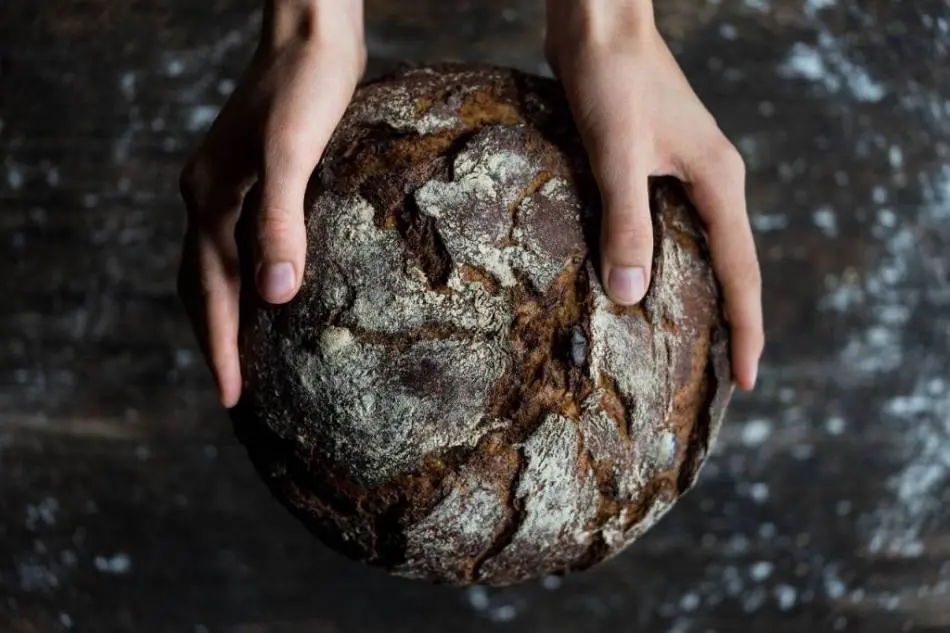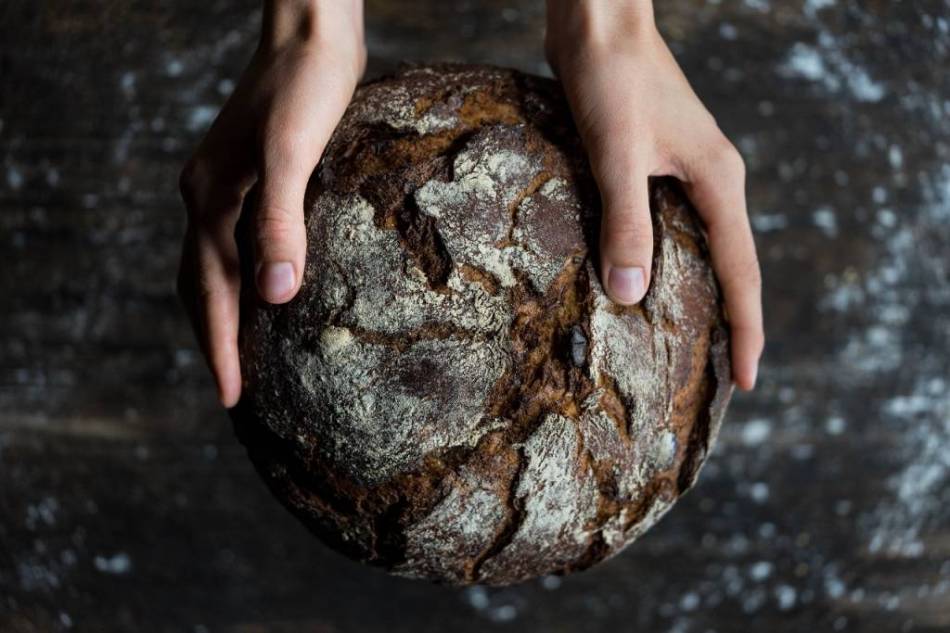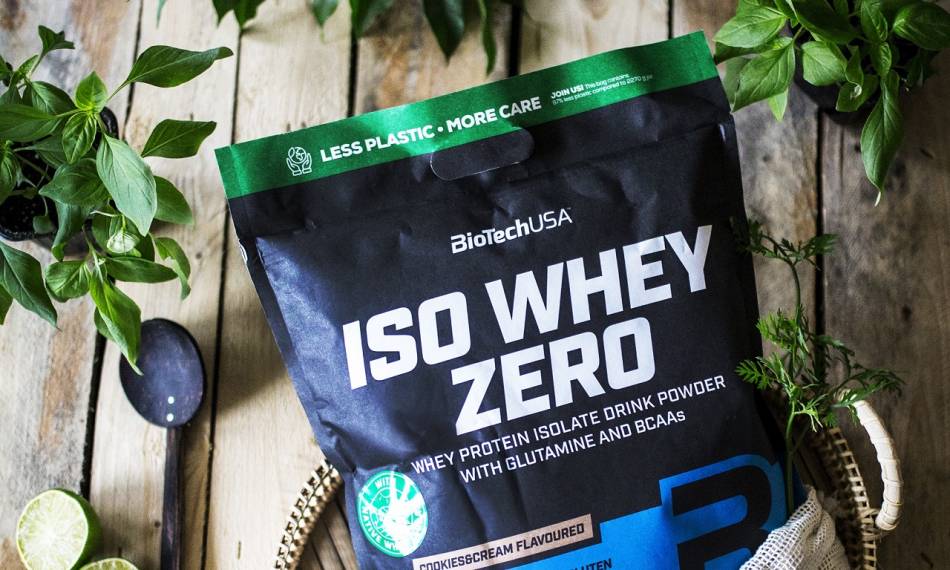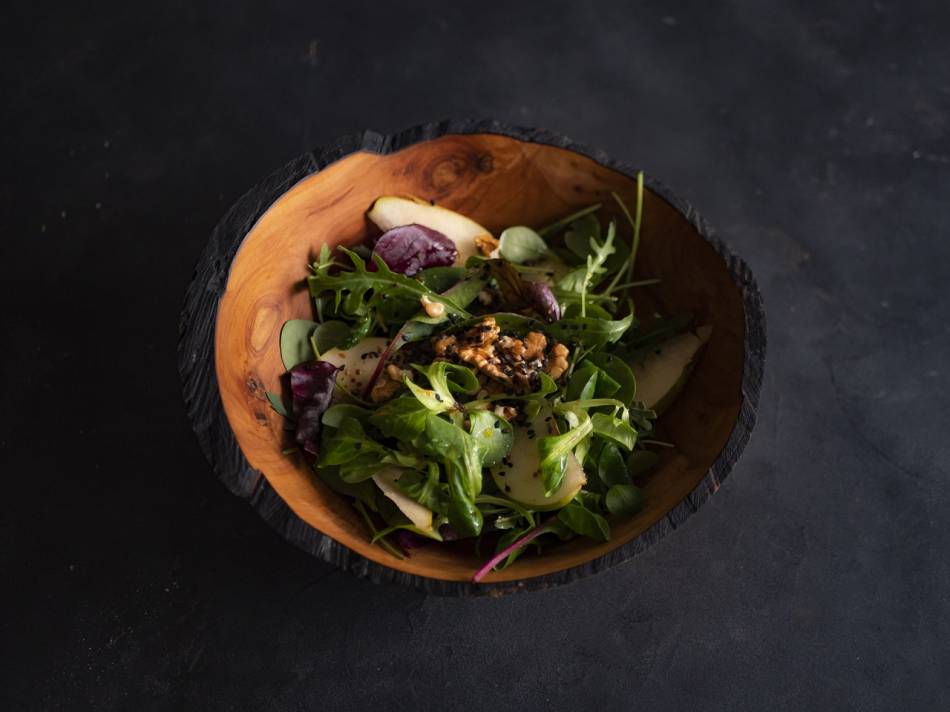
Gluten Free Diet – Not Just For Gluten-Sensitive

A gluten-free diet is basically recommended for those who have a gluten-like sensitivity, also known as celiac disease, but not only those who are insensitive may benefit from a gluten-free diet. Nowadays, however, many people are gluten-free because they are expecting to lose weight, or because it is healthier to eliminate it, but both are myths. Even a gluten-sensitive can fit a couple of snacks of gluten-containing bread. In this article, you will learn more about what gluten is and what is gluten-sensitivity. You will learn all about symptoms, complaints, and how to remedy the discomfort. It also reveals the benefits of having a healthy, yet gluten-free diet.
Let’s talk a little bit about celiac disease
Gluten sensitivity is an immune response to consumed gluten, a type of protein found in wheat flour, rye, barley. If you are celiac, the gluten you eat will trigger immune reactions in the small intestine. These reactions eventually damage the small intestine wall and inhibit the absorption of nutrients. Eventually, the condition can lead to persistent diarrhea, fatigue, bloating, weight loss and anemia. There is no cure for the disease, only a strict diet will lead to a symptom free life.
The exact causes of the disease are unknown, but researchers have suggested some genetic determinants. Nutritional feeding as a baby, intestinal inflammation and intestinal bacteria can contribute to the formation. Surgery, pregnancy, childbirth, or viral illnesses, or emotional stress, can also cause symptoms.
|
In the case of gluten sensitivity, the gluten-containing foods cause the immune system to overreact, causing inflammation, which damages the parts of the small intestine where vitamins, minerals and other nutrients are absorbed. |
Adverse effects of untreated celiac disease:
• Nutrient deficiency: Due to inadequate absorption of nutrients
• Bone weakening, infertility, miscarriage: Due to impaired calcium and vitamin D absorption
• Milk sugar sensitivity: The digestion of dairy products is also impaired due to damage to the small intestine
• Those who do not treat their celiac disease and therefore do not follow a diet may develop malignant bowel disorders due to persistent inflammation
• Nervous system problems: In patients with celiac disease, problems with the nerves in the hands and feet can be observed

Everything you need to know about a gluten free diet
A gluten-free diet is the only viable option for those who are struggling with gluten sensitivity. Gluten is a protein found in the aforementioned wheat derivatives, barley, rye and foods containing them, such as bread, pasta, cereals. However, there are some products in which gluten is quite surprising, such as lip balm or even the stamps and envelops you lick when you want to send something via mail, depending on what the glue is made of. In people with celiac disease, a single bite can cause health problems if they are no longer able to digest gluten. For them, adhering to the maximum diet is the only way to a livelihood every day. Let’s look at what foods contain gluten and what can be consumed with gluten sensitivity.
What contains gluten?
-
All foods containing wheat flour, barley, rye, triticale or malt
-
Breads
-
Beer
-
Certain candies
-
Many cakes
-
Grains
-
Biscuits
-
Pasta
-
Processed meat products
-
Soups
-
Sauces
-
Brown rice syrup
-
Malt derivatives, including malt bread, malt vinegar, brewer’s yeast and malt-based beer, and malt milk or smoothies
-
Certain soy sauces
There are foods that contain hidden gluten. In case of gluten sensitivity, it is always advisable to check if products have a gluten-free label. Oatmeal, for example, would be substantially free of gluten but may be incorporated during processing. There are also non-food products that may contain gluten, such as lipsticks, lip glosses, lip balms, medicines and supplements, plasticines, and more.
What can someone who is gluten sensitive consume?
Fortunately, there are many foods in each food group that gluten-sensitive people can consume, and many manufacturers are focused on making foods that are gluten-free, making it easier for many to live and choose. So, among fruits, vegetables, meats, garnishes, seeds, dairy products, there is a choice we can safely consume as celiac. Cereals do not need to be completely banned from our lives, since everything we find with gluten-free labels can be consumed, mostly rice, soy, quinoa, buckwheat, corn, arrowroot, millet, soy.
In certain manufacturing processes, foods may be contaminated with gluten, such as fruit-flavored products. Gluten-containing additives include wheat protein powder, modified starch, maltodextrin, malt. However, all fresh fruits and vegetables can be eaten. Although in some cases it is worth checking the label carefully. Such cases are:
-
Canned fruits, vegetables
-
Frozen fruits and vegetables
-
Dried fruits and vegetables
-
Chopped fruits, vegetables
Most animal or vegetable protein sources are naturally gluten free. During the processing process, soy sauce, wheat flour, malt can be added to these products, which make them blacklisted for celiac disease. However, for meat dishes, it is worth checking the sauce in the ready meals in shops or restaurants. Legumes, nuts and seeds, red meat, poultry, seafood and traditional soy foods are essentially gluten free. However, among protein sources, seitan should be avoided (better known to vegetarians), and wheat flour based soy sauce or breaded meats.
Most dairy products like milk, butter, ghee, cheese, whipped cream, cottage cheese, yogurt are gluten free, but you should be careful about the gluten content when choosing flavored milk or yogurt, consuming processed cheese or cheese sauce, or possibly ice cream.
Fats and oils are naturally gluten-free but may contain gluten as an ingredient. You can consume butter, olive oil, avocado oil, coconut oil, vegetable oils, but always double check oil sprays or flavored and seasoned oils.
There are also gluten-free products among soft drinks, though they often contain ingredients that unfortunately already contain gluten. In addition, alcoholic beverages made with malt, barley or other gluten-containing cereals should be avoided. What you can consume is water, 100% fruit juice, coffee, tea, wine, cider, carbonated soft drinks, sports drinks, energy drinks, lemonade. However, it is important to check the composition of flavored drinks, distilled alcoholic beverages such as liqueurs, vodka, gin and whiskey. Avoid beer, non-distilled liqueurs and malted drinks.
Many slip through the consumption of spices, sauces and dressings, as these aren’t usually gluten-free due to the added flavor enhancers, stabilizers and emulsifiers. Their labels should always be carefully checked, such as ketchup, mustard, mayonnaise, sauces, vinegar, etc.

Effect of gluten-free eating on athletic performance
|
Many top athletes follow a gluten-free diet, so we can say that eliminating gluten from your diet will not impair your athletic performance. |
There is no scientific evidence for this, but there are athletes who explicitly switch to gluten-free eating with the intention of boosting performance, while other sources claim that gluten-free eating is harmful to those who are not celiac disease.
In can also have a good effect on losing weight because your diet will reduce the amount of flavor enhancers that are otherwise high in sodium. Sodium absorbs water, so avoiding it can result in a few kilograms of less body weight. By reducing the intake of gluten-containing carbohydrate sources, calorie intake is reduced, which is the best way to lose weight, but it only works if it is not replaced by other gluten-free sources that contain roughly the same amount of nutrients. So if we replace wheat flour with another kind of bread, we will keep the extra kilos there.
If you are aiming to gain weight, you should pay particular attention to replacing gluten-foods that have been eliminated from your diet for other gluten-free foods so that your calorie intake is the same. Fortunately, this is not too difficult to do from the nutrient sources listed above.

Gluten-free nutritional supplements from BioTechUSA
If you are looking for a multivitamin, we recommend One-A-Day, which contains important vitamins and minerals every day.
If you are aiming to gain muscle mass or want to lose weight, or if you just want a protein shake with sports, Iso Whey Zero and 100% Pure Whey are good choices. Both are available in many flavors and in many packets, but the latter even in unflavoured form.
Omega-3 fatty acids are important nutritional supplements for everyone, especially those who do not eat seafood or other foods containing polyunsaturated fatty acids at least twice a week. In this case, choose the Mega Omega-3 soft gelatin capsule.
Guten-Free Snacking: If you are looking for a little candy without the need for extra calories, then Zero Bar is perfect for you.

Gluten Free Sample Diet
Monday:
-
Breakfast: Gluten Free Oatmeal, chia pudding with Greek yogurt and 1 spoonful of Iso Whey Zero protein powder
-
Lunch: Vegetable soup with gluten-free flavor enhancers and condiments, lentils stew with gluten-free flour and chicken breast strips
-
Dinner: Steak Tacos – steak with mushroom and spinach garnish, and gluten free corn tortilla.
Tuesday:
-
Breakfast: Omelette with vegetables
-
Lunch: Quinoa salad with tomato, cucumber, spinach and avocado
-
Dinner: Grilled crab with garden salad and rice
Wednesday:
-
Breakfast: Porridge with berries and a portion of protein
-
Lunch: Tuna salad with boiled egg
-
Dinner: Broccoli layered chicken breast
Thursday:
-
Breakfast: Gluten-free toast with boiled egg and avocado
-
Lunch: Chicken breast rice garnished with yogurt sauce
-
Dinner: Grilled tilapia with boiled buckwheat and grilled mixed vegetables
Friday:
-
Breakfast: Banana, berry smoothie (half banana, half cup of mixed berries, 60ml Greek yogurt, 60ml milk)
-
Lunch: Chicken wrap in a gluten-free tortilla with salad
-
Dinner: Roasted salmon with potatoes, broccoli, carrots and green beans
Saturday:
-
Breakfast: Mushroom and zucchini frittata
-
Lunch: Fried chicken leg with quinoa salad
-
Dinner: Buckwheat pancakes with cottage cheese cream
Sunday.
-
Breakfast: Poached egg with gluten-free bread
-
Lunch: Chicken salad with buckwheat bread and vegetables
-
Dinner: Grilled lamb with vegetables
If you experience persistent discomfort in your digestive system such as bloating, diarrhea, and the symptoms are relieved when you don’t eat gluten, then it is worth examining whether or not gluten sensitivity is in the background. If so, there really is no other way to avoid more serious problems than by eliminating gluten from your life. To do this, you have to pay careful attention to all labels on foods so that gluten is not released into your body.
Although the gluten-free diet does not affect your body in other respects, it is not a contraindication for healthy individuals to follow it, although they will not be able to take much of an advantage from it. Since gluten-sensitive homes have to be careful that everything is gluten-free, it may be easier for the rest of the family to eat similarly. While there are no proven benefits, many feel that gluten-free eating makes them less heavy after a meal.